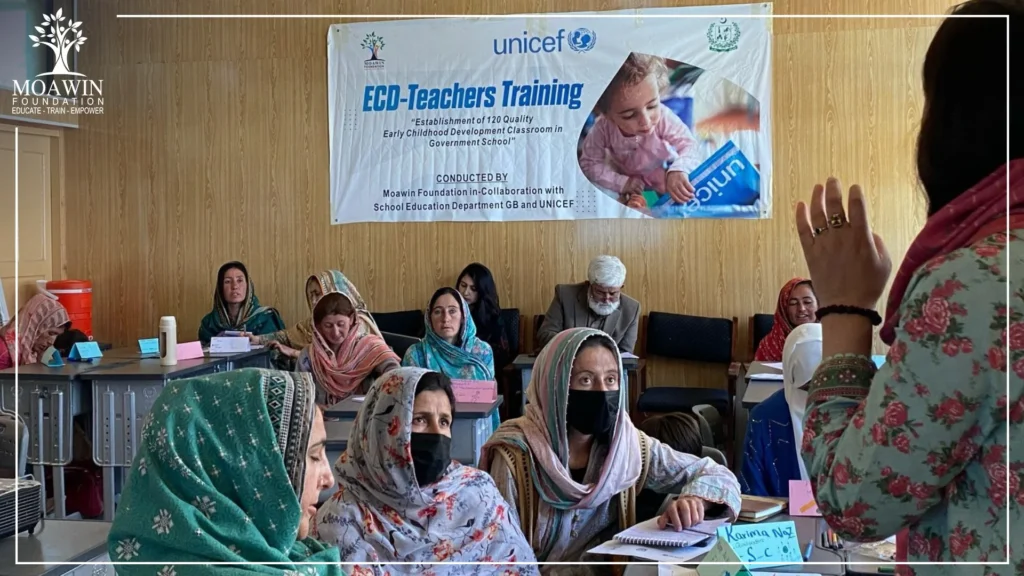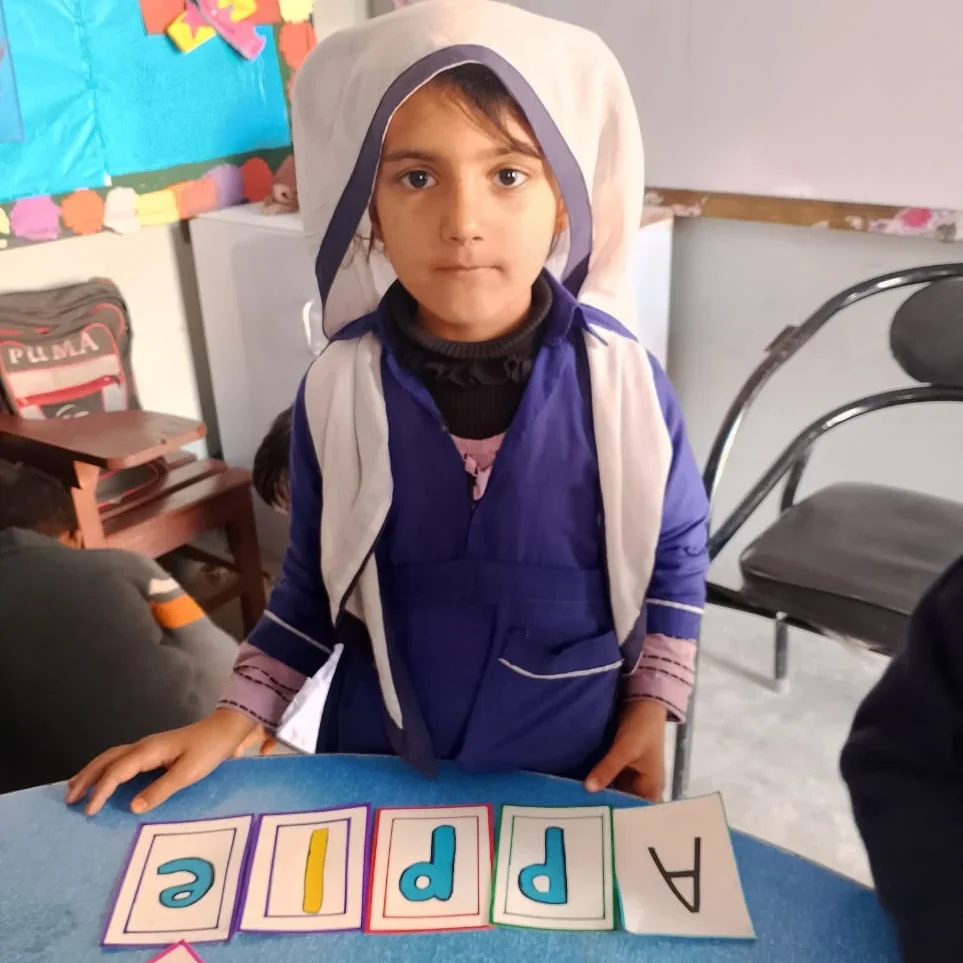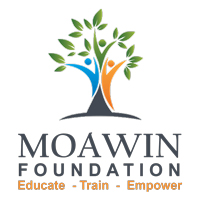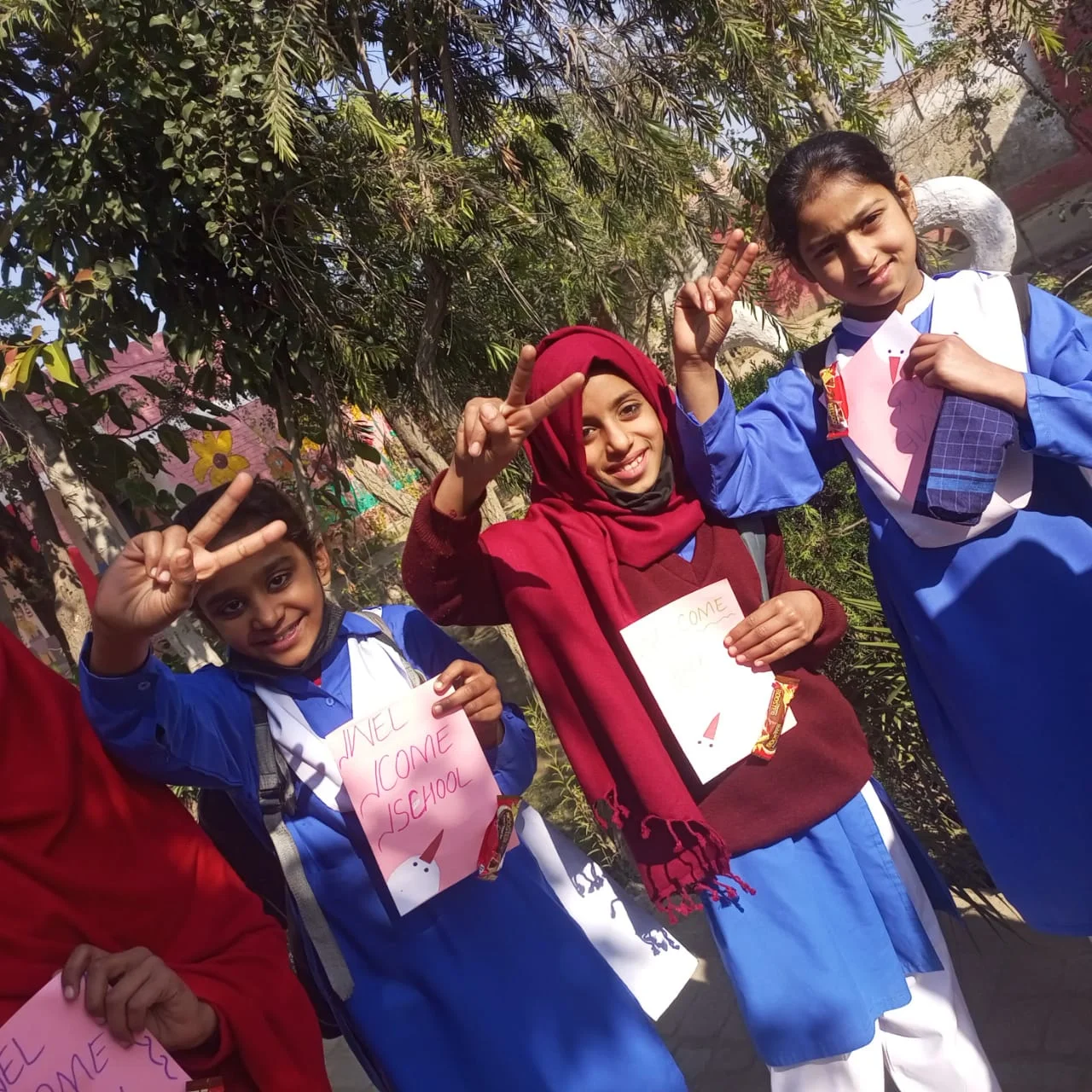Education is the foundation of every nation’s growth and progress. Challenges in Pakistan’s Education System remain deep-rooted, continuing to affect millions of children across the country. Despite government efforts, Pakistan still struggles to provide quality and equal access to education
Understanding Pakistan’s Education Landscape
According to UNICEF, approximately 22.8 million children aged 5–16 in Pakistan are out of school, one of the highest numbers globally. More than half of those out of school are girls, highlighting a deep gender gap in education. According to the 2023 Census, Pakistan’s overall literacy rate stands at 60.6%, with 68% for males and 52.8% for females. This means many people in Pakistan still lack basic literacy skills.
While some progress has been made in expanding schools and enrollment, the overall quality of learning remains poor. Public schools, especially in rural regions, lack basic facilities, trained teachers, and resources. In this challenging landscape, NGOs like Moawin Foundation are working to fill the gaps and bring hope where the system struggles.
Education Spending and Policy Gaps
One of the most critical issues is underinvestment in education. According to the World Bank, Pakistan allocates less than 2% of its GDP to education, which is far below the global average of 4–6%. This chronic underfunding leads to shortages of trained teachers, poor infrastructure, and limited policy enforcement. Consequently, in the absence of adequate financial and institutional support, government schools are often unable to sustain quality learning environments. In contrast, Moawin Foundation demonstrates how low-cost, high-impact models can maximize limited resources through community involvement, efficient school adoption, and targeted interventions.
Major Challenges in Pakistan’s Education System
1. Limited Access to Education
In rural and remote areas, schools are often far away or under-equipped. Many children, particularly girls, are bound to travel long distances or drop out due to cultural and financial barriers. UNICEF reports that one in three school-aged children in rural Pakistan remains out of school. Moawin Foundation is addressing this issue by adopting under-resourced government schools, rehabilitating facilities, and providing access to education within local communities.
2. Shortage of Trained Teachers
The shortage of qualified and motivated teachers remains a major hurdle. Many educators lack proper training or exposure to modern teaching techniques, resulting in rote-based learning. Teacher training and competency remain major challenges across Pakistan’s education system. Many educators lack access to proper professional development and modern teaching methods, which directly affects the quality of learning in classrooms.

Moawin Foundation helps close this gap by providing professional teacher training programs focused on activity-based learning, classroom management, and digital literacy. These efforts have made classrooms more interactive and student-centered, improving learning outcomes and teacher morale.
3. Poor Infrastructure and Learning Environment
A large number of government schools in Pakistan lack even the most basic facilities, such as clean drinking water, electricity, proper washrooms, or safe furniture. Across Pakistan, a large number of public schools still lack essential infrastructure, including electricity, safe buildings, and clean drinking water. These challenges make it difficult for students to learn and for teachers to deliver quality education.
Through its Infrastructure Development Program, Moawin Foundation has made substantial improvements to school facilities. These include installing electric water coolers, repairing classrooms, and introducing digital learning tools. These changes have significantly improved attendance, safety, and student motivation.
4. Gender Inequality in Education
Girls face additional barriers in accessing education, largely due to cultural norms, economic challenges, and safety concerns. Rural girls in Pakistan face significant barriers to entering school, contributing to a large gender enrollment gap. Moawin Foundation actively works to remove these barriers by promoting inclusive education and ensuring equal opportunities. Out of 45,668 students enrolled in Moawin-adopted schools, nearly 60% are girls, reflecting the Foundation’s strong commitment to gender equity and women’s empowerment through education.
5. Limited Early Childhood Education (ECE)
Early learning lays the foundation for lifelong development, yet early childhood education remains underdeveloped in Pakistan. Most government schools lack trained ECE teachers and age-appropriate learning environments.
Moawin Foundation has established Early Childhood Education (ECE) Centers that offer safe, interactive spaces with educational materials, art corners, and digital tools. These centers have transformed the way children learn and grow. A remarkable improvement was observed in the children’s behavior and learning skills after they joined Moawin’s ECD Center.

The Economic and Social Impact of Education
Education is not only a fundamental right but also a driver of national development. According to the World Bank, each additional year of schooling increases a person’s earning potential by nearly 10%. Quality education reduces poverty, improves health outcomes, and fosters social stability.
Moawin Foundation’s education initiatives go beyond classrooms. They empower communities, particularly women, to become agents of change. By equipping students with skills, confidence, and knowledge, Moawin helps lay the groundwork for long-term social and economic growth.
The Role of NGOs and Moawin Foundation’s Model for Change
While government reforms are crucial, educational NGOs in Pakistan play an equally important role in strengthening Pakistan’s education ecosystem. Moawin Foundation has developed a sustainable and scalable School Adoption Model that directly addresses key systemic challenges.
To date, Moawin has adopted over 338 schools across multiple regions, transforming the educational experience of more than 45,000 students. The Foundation operates in Islamabad, Sheikhupura, Pind Dadan Khan, Gilgit Baltistan, and Sindh, with expansion plans underway.
Its programs focus on teacher training, infrastructure improvement, digital learning, and community engagement, ensuring that education remains accessible, inclusive, and impactful.
Building the Future – A Call to Action
Solving Pakistan’s education crisis requires a shared national commitment, from policymakers and educators to NGOs and individual citizens. Moawin Foundation continues to demonstrate how targeted interventions can uplift entire communities and restore faith in public education.
Education is not just about classrooms; it is about opportunity, empowerment, and dignity. Every trained teacher, every renovated classroom, and every inspired student represents a step toward a more educated and equitable Pakistan.
Join us in transforming Pakistan’s education system: your support can change one school, one child, and one future at a time.


